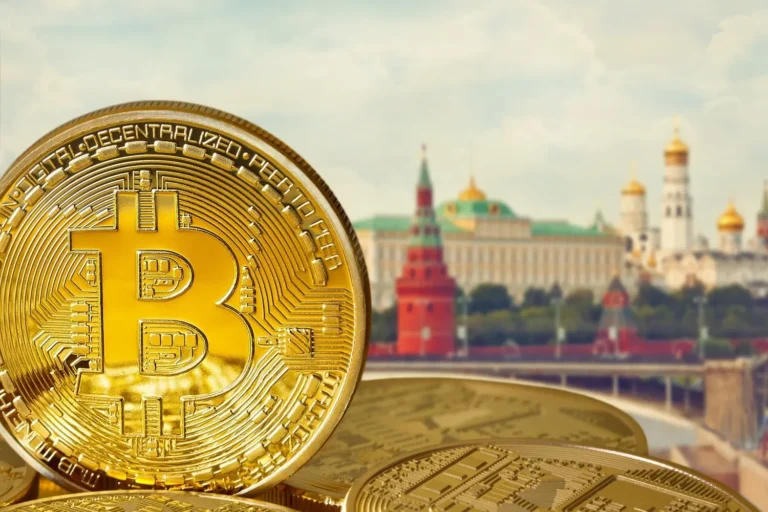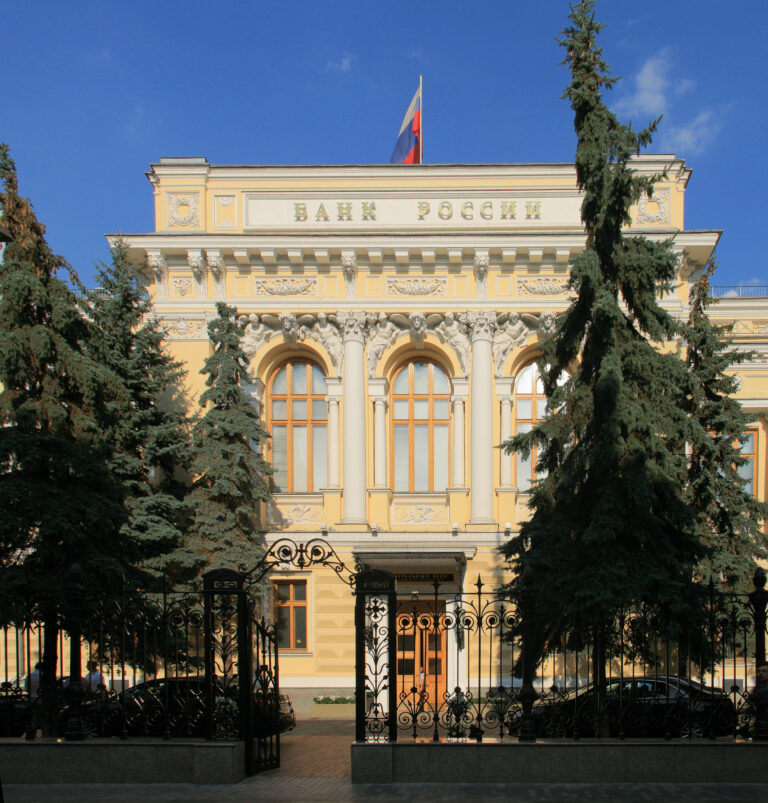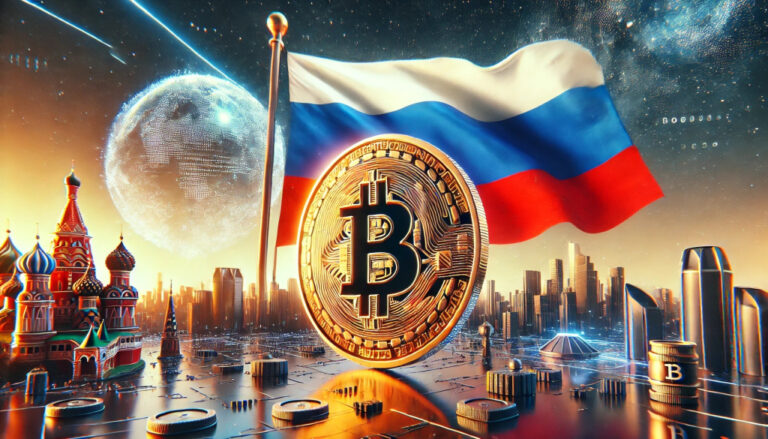The intricate dance between companies trying to outsmart sanctions and authorities striving to enforce them can feel like a relentless game of cat and mouse. In this story, we see Heller Tools, a historic German company, getting ensnared in a web of espionage and geopolitics.
Heller Tools, based in Dinklage, Germany, has been selling machinery worth $1.2 million to entities linked to the Serniya smuggling network, a covert operation reportedly directed by Russian intelligence services. This network was designed to bypass EU and US sanctions, securing critical equipment for Russia’s defense industry. It’s a stark reminder of how intricate and far-reaching these networks can be.
In a detailed investigation, the Financial Times uncovered that between the start of the full-scale invasion of Ukraine and June 2023, Heller sold $860,000 worth of tools to Trading House Treydtuls, a company connected to the Serniya network. When Heller was questioned by the FT, they halted exports to Treydtuls in June 2023. However, by September, sales had resumed to another Russian firm, Tireks, which was founded by a former employee of Treydtuls.
Heller maintains that it complies with all legal requirements and sanctions checks. The company’s CEO, Henning Warrink, emphasized their diligence in ensuring customers are not on sanctions lists or violating laws. Yet, the tools in question, such as drills and saws, weren’t included in the EU’s export control lists until December 2023.
The story doesn’t end here. The FT previously linked Treydtuls to Robin Trade, another company involved in the Serniya network, and owned by Alexey Zibyrov. Despite sanctions, these businesses find ways to morph and continue their operations. For instance, Tireks, led by Artem Klimenko, was established to start fresh after Zibyrov’s other ventures became “toxic.”
The moral quandary highlighted by Olena Bilousova, a sanctions expert from the Kyiv School of Economics Institute, resonates deeply. She argues that western companies must consider their ethical responsibilities and avoid selling products that could indirectly support the war effort, even if not explicitly controlled by sanctions.
Adding layers to the narrative, the US Department of Justice charged five individuals in 2022 for conspiring to procure military-grade technologies for Russia, including suspected FSB colonel Vadim Konoshchenok. This ongoing saga underscores the persistent efforts by authorities to stem the flow of critical goods to sanctioned entities.
In essence, this article paints a vivid picture of the struggles and ethical dilemmas faced by European companies and authorities in curbing the illicit procurement networks fueled by espionage and geopolitical tensions.



